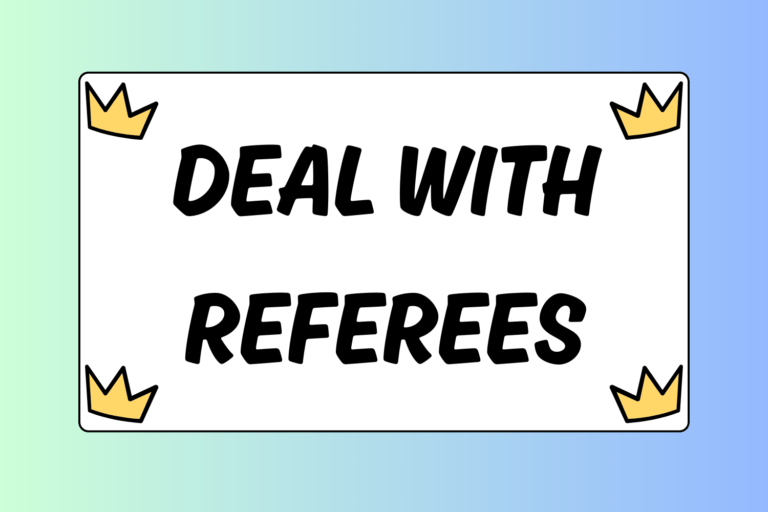A dual meet is a type of wrestling competition that pits the best wrestlers at each weight class from one team against the best representatives from another. Generally speaking, the team score at a dual meet is determined by the outcome of every individual match that was wrestled. To a newcomer, understanding how team scores are calculated can be extremely confusing, especially because tournament and dual meets are not scored the same. The information below will fill you in on everything you need to know about how dual meets are scored.
How to Score a Dual Meet
Scoring a dual meet (team versus team) is much less complex than scoring a tournament. Generally speaking, the team score of a dual meet is determined by each match won and in what manner. There are 14 weight classes in scholastic wrestling. The final outcome of the match at each weight class determines the outcome of the dual meet. Below is a quick rundown of how dual meets are scored:
- A win by fall: Six team points
- A win by forfeit: Six team points
- A win by default (injury) : Six team points
- A win by disqualification: Six team points
- A win by technical fall (differential of 15 points or more) : Five team points
- A win by major decision (differential of 8-14 points) : Four team points
- A win by decision (differential of fewer than 8 points) : Three team points
Penalties
The only time points may be deducted from a team score is when penalties occur. Under certain circumstances, one or more points may be taken away from a team’s score for not adhering to the specific rules of a competition. Also, minor penalties within a match may add up, which may eventually result in the disqualification of a wrestler and have a negative effect on his team’s score. Read below to learn how penalties have an effect on the final team score of a dual meet.
Unsportsmanlike Conduct
Unsportsmanlike conduct is the most common penalty in dual meets, and this type of penalty can change the course of a match dramatically. Unsportsmanlike conduct is any action that goes against typical sportsmanlike behavior. These rules may vary by event, but there are common unsportsmanlike actions that result in team penalties:
- Swearing
- Taunting an opponent
- Throwing headgear
- Spitting
- Excessive celebrating
- Failure to stop on the whistle
- Indicating displeasure with a call
- Failing to comply with post-match procedures
Such penalties can occur before, during, or after a wrestling match. The first violation of unsportsmanlike conduct calls for a deduction of one team point against the offending team. A second violation disqualifies the offending competitor, deducts an additional team point from his team score, and demands that the offending person(s) be physically removed from the event. Simply put, unsportsmanlike conduct is not tolerated in the sport of wrestling.
Hot Tip: Respect the Sport
Sportsmanship rules do not only apply to the competitors. Coaches and fans must adhere to these rules, as well. Anyone who is attending a wrestling match, whether they are stepping out on the mat to compete or sitting in the stands, must respect and honor the rules of the sport.
Minor Penalties
There are also several situations when penalties can help determine the final team score of a dual meet. Minor penalties that occur in a match — false starts, stalling, etc. — may eventually affect the team score of a dual meet if the penalties occur several times. Depending on the type of penalty, it takes roughly 4-5 minor infractions to disqualify a competitor from a match. However, such cases are rare. Here is how a typical dual meet may penalize infractions:
- The first infraction: Typically a warning
- second and third infractions: One point (per infraction) awarded to the opposing wrestler
- The fourth infraction: Two points awarded to the opposing wrestler
- The fifth infraction: Disqualification
Again, this procedure may vary by the type of penalty.
Be a Team Player
Although wrestling is an individual sport, the “team element” of wrestling is extremely important. This is especially true in terms of deciding the team score of a dual meet: The team score is dependent on the performance of its wrestlers. With this being said, know that your performance is not only a reflection of you, but also of your team! You should now understand how team competitions are scored, and be more prepared to step up for your team. For additional rules on scoring check out the Rules & Regulations page.





